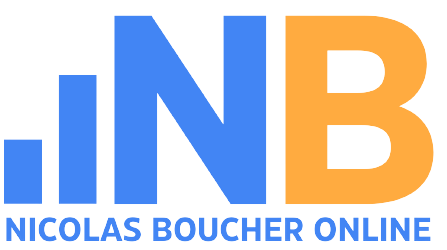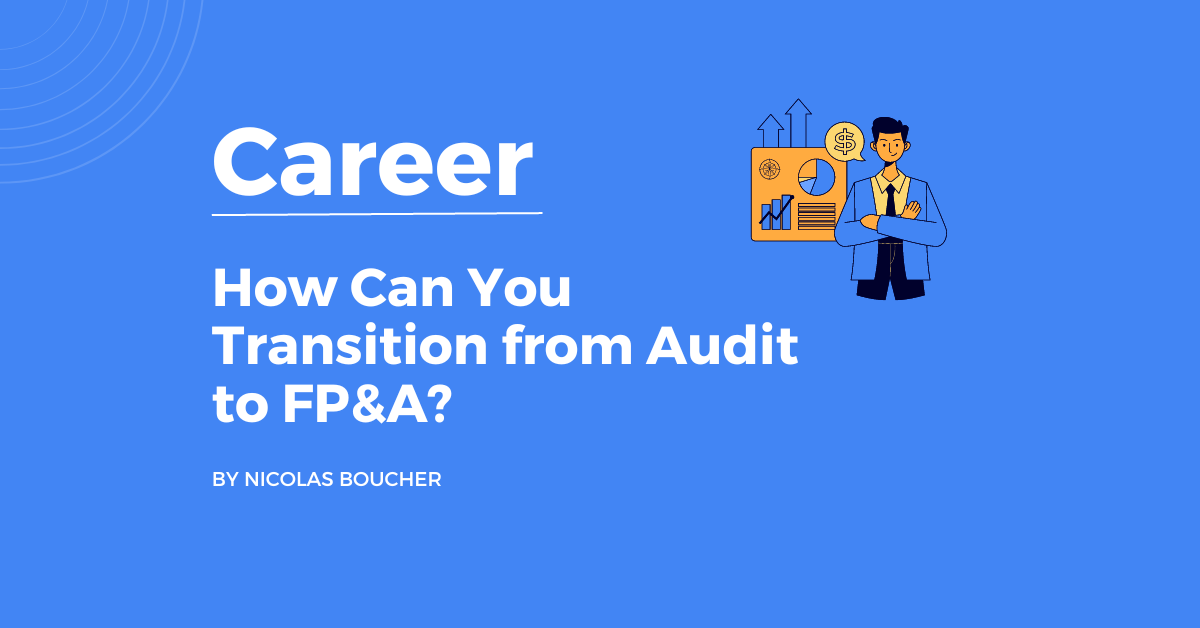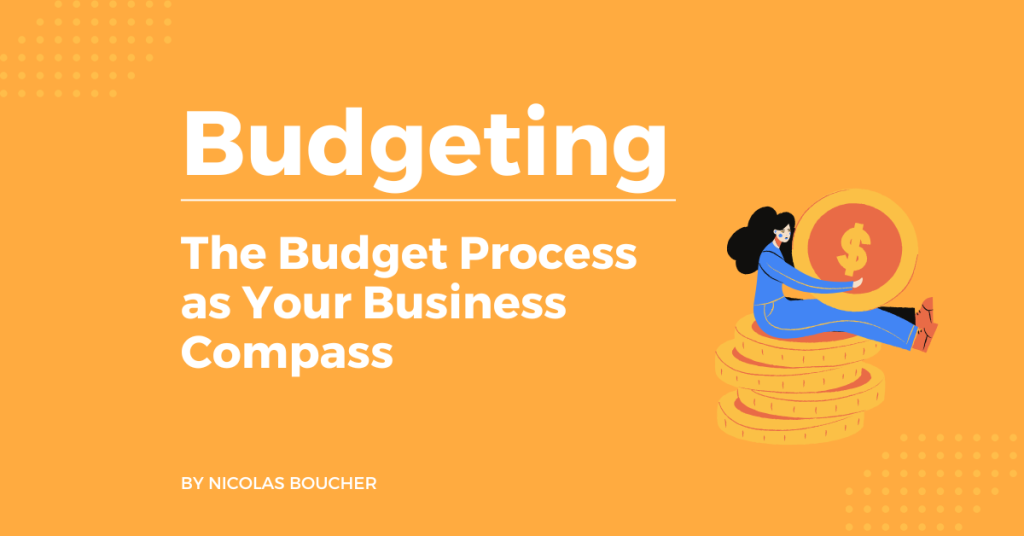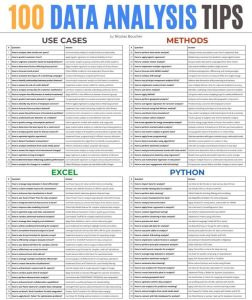Today, I am going to explain how you can transition from audit to FP&A from my personal experience. So, five years ago, I made four changes in my professional and personal life:
- I changed my country (moved from Luxemburg to Germany).
- I changed my language (French to German).
- Also, I changed the industry (Financial Services to aerospace, transport, and defense).
- I changed job (audit to controlling).
Here is what I will share with you:
- The skills I developed from my audit experience and used as strength to change to controlling
- Moreover, what I had to learn to transition to controlling
- The different fields of controlling
- How I continue to grow
Table of Contents
The Transferable Skills Needed to Transition from Audit to FP&A
I always believed that an auditor has a good base to work in the controlling/FP&A. And here is why:
- An auditor has strong accounting knowledge, which is the base for all finance jobs.
- Additionally, working for audit and consulting companies teaches you to be structured, efficient goal-oriented.
- Being in an audit team and working under pressure is a good accelerator for improving his communication skills at work.
- Furthermore, jumping from one assignment to another and having to gain trust and knowledge from your client will help you be quickly operational in any new job.
What Do You need to Learn When You Transition from Audit to FP&A?
As a controller (or FP&A), you need to learn new concepts as your focus will be to provide value to your business partners.
- A deeper understanding of profitability, price sensitivity, and cost accounting
- Learn the key KPIs
- Get the most out of the ERP and reporting tools to deliver efficient & valuable reporting/analysis
- Budgeting, forecasting, modeling
- How to improve processes to be more efficient as a finance function
The Different Fields of Controlling/FP&A
Once you dive into the controlling/FP&A world, you discover that depending on the company and the industry (automotive, ecommerce, retail, industry, services…), there are many roles to learn like : commercial controlling, project controlling, cost controlling, industrial controlling, financial planning & analysis, reporting and etc. Also, you can continue developing yourself by changing roles and tracing your own career path.
Conclusion – How I Continue to Grow
For the last five years, I have already experienced different roles (head of controlling, business partner, business controller, finance transformation, and ad hoc controlling work..). As a result, each time, I get to learn more about controlling and how I can bring more value to my organization.
Also, I recommend exchanging best practices with your colleagues but also with people in your professional network, like LinkedIn.
If you want to receive more finance tips like this, feel free to sign up for my newsletter. If you subscribe, every two weeks, you will receive an email from where I share best practices, career advice, templates, and insights for Finance Professionals.















